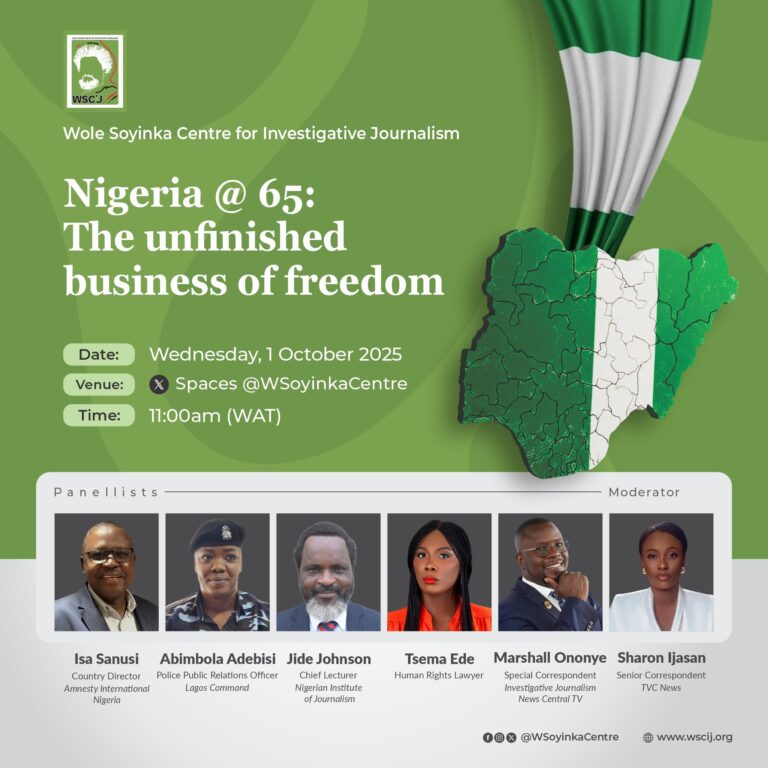By Sodiq Mojibola & Adedoyin Oguntade
As Nigeria marks its 65th Independence anniversary, the Wole Soyinka Centre for Investigative Journalism (WSCIJ) has called for greater protection of press freedom and the safety of journalists, warning that democracy cannot thrive without a free media.
The call was made during a special X (formerly Twitter) Space hosted by the centre to commemorate Nigeria’s 65th Independence anniversary with the theme, “Nigeria @65: The Unfinished Business.”
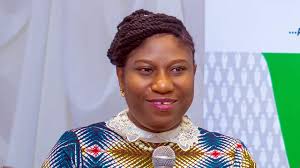
In her opening remarks, the Chief Executive Officer of WSCIJ, Motunrayo Alaka, noted that while Nigeria has made progress, press freedom remains fragile. “There is freedom of speech but, quite a number of times, there is no freedom after speech,” she said.
Experts on the panel lent their voices to the discussion, calling for improved collaboration among media organisations, international bodies and rights groups, to further protect the right of expression, described as one of the most crucial yet endangered rights globally.
Media and Democracy: A Siamese relationship
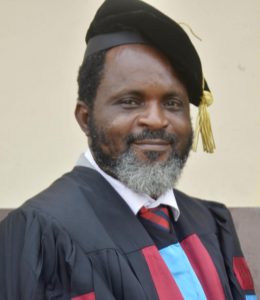
A chief lecturer at the Nigerian Institute of Journalism (NIJ), Jide Johnson emphasised the inseparability of journalism and democracy.
He, however, noted that the narrative is changing as many political powers now control the media by owning and influencing its content.
“There is a siamese relationship between the media and democracy to ensure that democracy functions properly in society. The foremost nationalists like Obafemi Awolowo and others recognised the importance of the media. We have established that journalism is critical to development, but there have been a series of challenges. People in the media industry have direct access to power. We have also seen a trend towards the over-commercialisation of the public sphere,” he said.
Mr Johnson added that the media’s role as a watchdog is to monitor and provide checks and balances, stressing its critical role in sustaining democracy.
Legal concerns
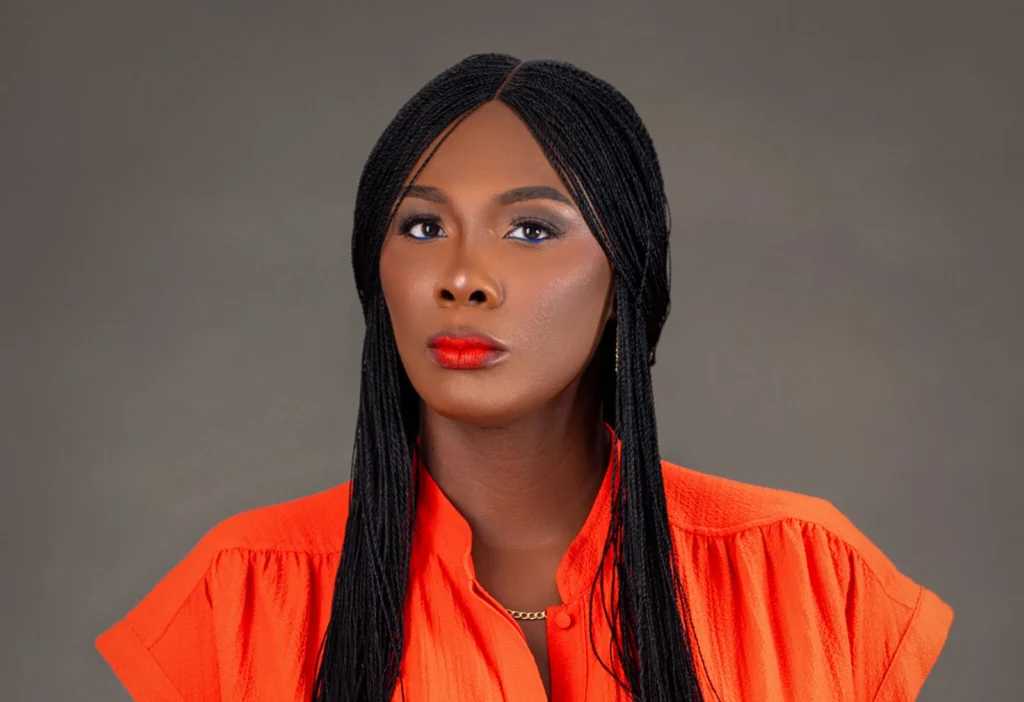
Human rights lawyer, Tsema Ede, while delivering an address explained that although Nigeria’s democracy is still evolving, the country has one of the most stable systems in the region.
She cautioned, however, that laws such as the Cybercrimes Act, even after amendment, still pose threats to journalists.
“The government keeps finding ways to use laws to push back against freedom of expression,” she said, stating that legal reforms are needed to protect journalists. She also stressed the need to review the defamation laws.
While she noted that the Cybercrime Act is often misused to target journalists, she cautioned that self-censorship could further entrench human rights abuses
Ms Ede urged media organisations to stand firmly behind their reporters. “It is saddening to see the number of journalists killed while at work. Impunity is what allows evil to thrive,” she said.
She further called attention to the gender dimension, saying female journalists were not using their voices enough. “We must ensure that female journalists are not self-censored. Media houses should also protect their journalists more.
“The biggest worry is the impunity that allows this to happen and continue. Impunity is what allows evil to thrive. We must ensure that there is justice to every abuse that happened to our freedom of expression. The Cybercrime Act has been used over time to assault journalists. If we allow journalists to self-censor, the pervasive nature of letting people get away with abusing human rights will continue. Whenever they slap us, we should slap back.
“Find partnership with the Nigerian Bar Association (NBA), and other organisations. We cannot let people get away with bad actions and we continue to give them publicity. I don’t have the answers or solutions, but I believe that we need to check our judicial system.” Ms Ede submitted.
Freedom of expression ‘Foundation of all freedoms’
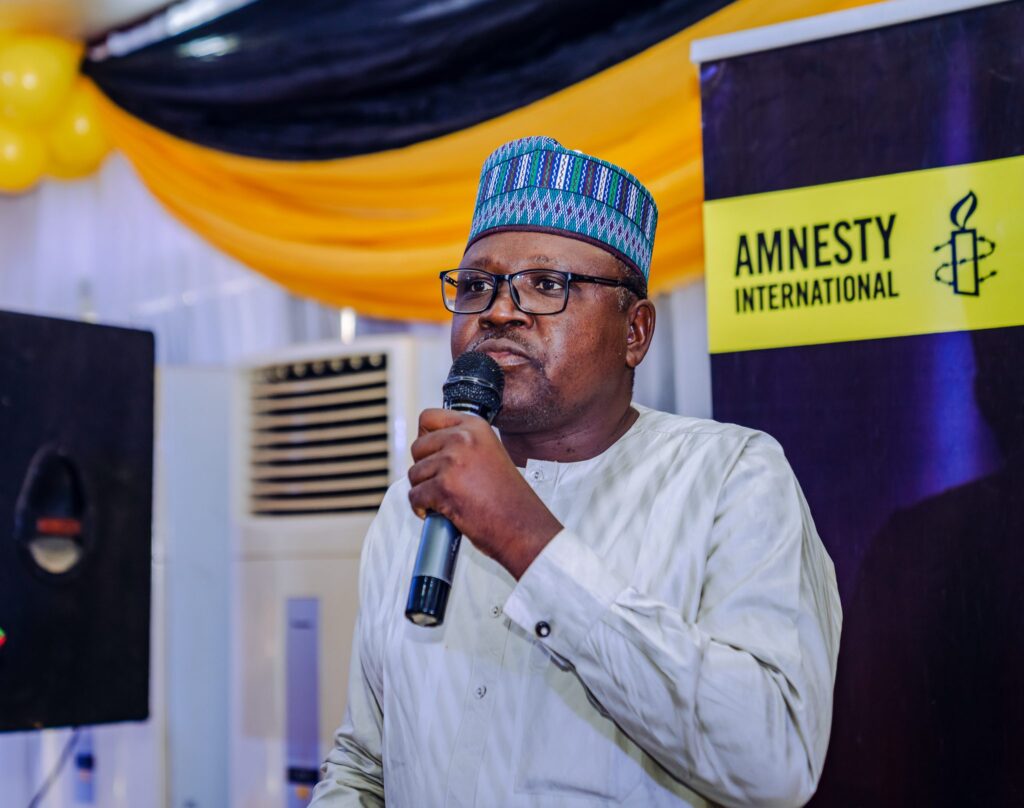
The Country Director of Amnesty International, Isa Sanusi, echoed these concerns, stressing that freedom of expression is the foundation of all freedoms.
“The unfinished business of freedom is what Amnesty International has been working on. There can never be democracy without freedom. All fundamental freedoms revolve around freedom of expression, not only in Nigeria but across the world,” he said.
Mr Sanusi He warned that democracy cannot survive without freedom of expression, citing cases where citizens were harassed for their social media posts. He added that security agencies continue to target journalists, sometimes arresting people over online comments.
“Both security agencies and the government must understand that the world has changed. People now have access to information, and the communication landscape is very different. We must continue to press the government to prioritise accountability and respect the will of the people to ensure rights are protected,” he said.
On development, he said Nigeria remains far behind despite 65 years of independence. “We are still battling bad roads, poor water systems, education and other challenges we have faced for over 60 years. I am not saying that there hasn’t been improvement but is Nigeria where it should be now? No, it is not.”
While he acknowledged the importance of journalists in safeguarding human rights, he said, “We have to continue to emphasise the importance of protecting journalists and the media because without them, there is no way we can protect our freedom.”
Collaborations and public engagements
The session ended with a call for continued vigilance, collaborations and partnerships. Sanusi urged Nigerians to remain hopeful, pledging that Amnesty International would keep pushing back against attacks.
Mrs Ede reiterated the need for peaceful protests and legal partnerships, while Mr Johnson urged that the conversation extend beyond social media to grassroots forums.
Similarly, Veteran broadcaster, Bimbo Oloyede added that tangible structures must be put in place to protect journalists.
“There is the possibility of having real structures in place, like a working relationship with the Nigerian Union of Journalists with the help of Amnesty International, so that every journalist understands that there is a system to protect them at any time with legal representation,” she said.
In the same vein, Mrs Alaka, called for more participation instead of apathy in maintaining democracy. She said, “Apathy is not what gets you results in a democracy, it is participation. We need more awareness, coalitions and collaborations with media organisations to ensure the release of journalists when in trouble.
Speaking on the activities and plans of the WSCIJ to further bring an end to silencing the freedom of expression of journalists, she said, “We are going to launch the third edition of the civic space intersection with journalists, addressing where and when journalists are safe. We have had direct engagements with police and other high-level stakeholders in the security agency just to push this further.
“We must get to the stage where picking up a journalist is an aberration. We are doing what we can to get a country that is free today and tomorrow.”
Nigeria, not without challenges at 65
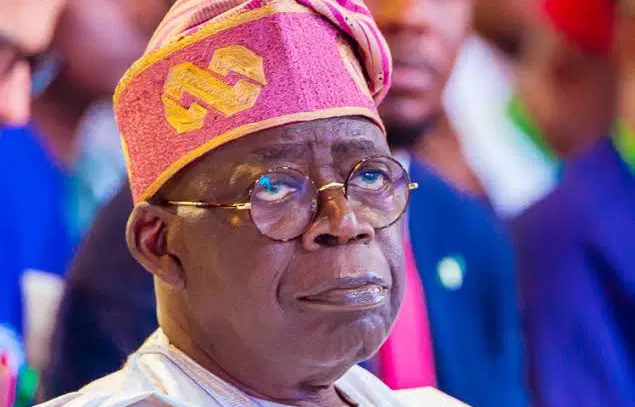
Earlier in his national broadcast, Nigeria’s President, Bola Tinubu acknowledged the struggles and resilience of the country against insecurity, economic hardship, education funding shortfall, and threats to democratic values among others.
“Our country has experienced both the good and the bad times in its 65 years of nationhood, as is normal for every nation and its people. We fought a bitter and avoidable civil war, experienced military dictatorships, and lived through major political crises. In all these, we weathered every storm and overcame every challenge with courage, grit, and uncommon determination.
While our system and the ties that bind us are sometimes stretched by insidious forces opposed to our values and ways of life, we continue to strive to build a more perfect union where every Nigerian can find better accommodation, purpose and fulfilment.”
Mr Tinubu urged Nigerians to remain resilient in the face of challenges, which he described as surmountable, saying “the worst is over.”

